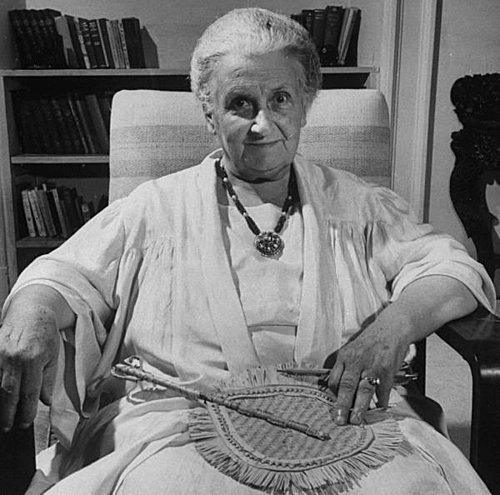
Montessori children receiving education, had been met from work and happy, and have self-esteem and sense of honor, so every day to learn, gain and growth, is very busy workers. Material rewards for him has felt no need, he loves the work more than they love candy, toys, and his spirit has already raised to a higher level.
But at the beginning of the Montessori teaching method used to lead the children work, the child may not be interested because he did not develop work habits. This relic, like the Montessori kindergarten students, but also mix to mix, because he has not found his favorite teaching aids. Once a child really attracted him to find a job, he would be put, at that time, you will see the children very attentive, but gradually like to work. By this time, if you said to him: "When you finish the job, I'll give you a candy." In fact, the children, this is no longer important. Therefore, the incentive is not necessary, the children will be satisfied from the work, a harvest, he does not need you to give him any reward.
As punishment, we mainly refer to corporal punishment, it simply is not necessary. Think about why children make the deviation behavior? That is because the energy of his normal work is not directed to go. We often see traditional kindergartens, there are some "little slick," because to learn something too simple, but everyone was forced to follow the action, is too boring, of course, only mischief. I found a lot of love naughty child is actually very clever, because the energy lies in his not being directed to the development of the normal direction. So, when the Montessori classroom, children have been put into his work, very focused when the external reward with punishment in fact, have not. Children themselves with dignity, he would self-motivated, his great willingness to learn the fundamental driving force of foreign unnecessary.